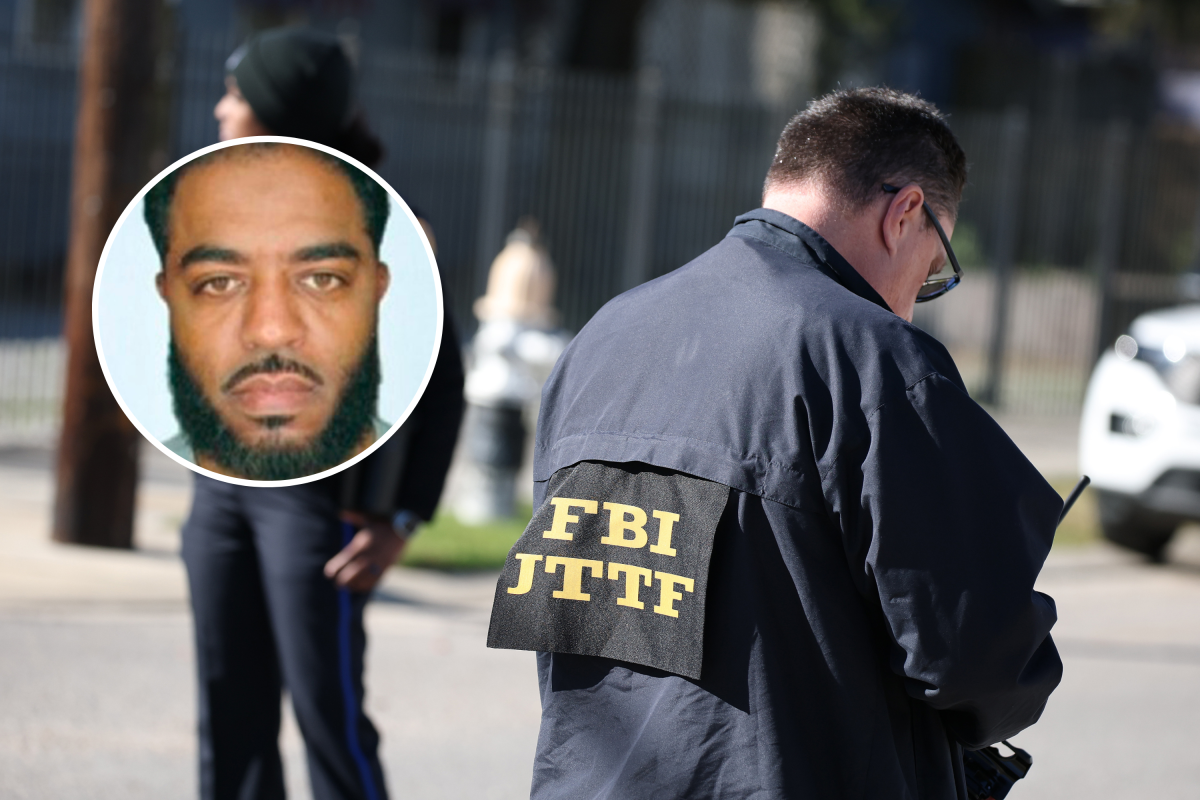[ad_1]
Details are still emerging about the life of Shamsud-Din Jabbar, the Islamic State-inspired suspect in the New Orleans terror attack that killed at least 15 people and injured dozens more in the early hours of New Year’s Day.
Jabbar, a 42-year-old U.S. Army veteran from Texas, plowed his pick-up truck into the crowds gathered for New Year celebrations in the Louisiana city’s party area of Bourbon Street and then began shooting. Police shot Jabbar dead.
The FBI is probing how Jabbar was radicalized and if more people were involved in organizing the attack. Jabbar reportedly recorded videos while driving from his home in Texas to New Orleans in which he talked about joining the Islamic State.
A question observers are asking in the aftermath is: Could the FBI have prevented the New Orleans attack? Newsweek asked experts for their views. Here’s what they told us.
Daniel Byman, Professor and Director, Security Studies Program at Georgetown University; Senior Fellow, Center for Strategic & International Studies
The FBI has prevented many attacks and disrupted numerous plots. However, there is a high random factor, and it is unrealistic to expect the FBI to stop every plot, though it can greatly reduce the numbers.
Bruce Hoffman, Senior Fellow for Counterterrorism and Homeland Security, Council on Foreign Relations; President, The Hoffman GroupCT
It is soon to say, but probably not.
Martha Crenshaw, Senior Fellow, Emerita, Freeman Spogli Institute for International Studies, Stanford University; Professor of Government, Emerita, Wesleyan University
It is difficult to detect and stop individuals who act without communication with or support from the organization—acting largely on inspiration and imitation.
Harvey Wolf Kushner, Chairman and Professor, Criminal Justice Department, Long Island University
Yes, the FBI could have done a better job in preventing the attack in New Orleans. How? By devoting more energy and resources to countering all forms of Islamic terrorism and focusing less on reinventing the term terrorism to broaden its meaning.

ASSOCIATED PRESS/Chris Graythen/Getty Images
Fawaz Gerges, Professor of International Relations, London School of Economics; Author of ISIS: A History
There are limits to what the FBI and other security services could do to prevent terrorist attacks, like the terror attack in New Orleans. The lone wolf phenomenon is extremely difficult to preempt and prevent. It is almost impossible to get into the mind of a committed individual who is bent on killing randomly.
Michael S. Smith II, Terrorism Analyst and International Security Consultant Specializing in Influence Operations of ISIS and Al-Qaeda
It is increasingly common for information to emerge that suggests FBI was aware of the potential that the perpetrators of terrorist attacks may pose threats to public safety.
This is because the Bureau has become much better at identifying individuals and groups of individuals whose behaviors indicate they are susceptible to ISIS‘s or other terrorist groups’ influence.
It is too early to pass judgment on whether this attack was preventable.
Meanwhile, in addition to conducting a rigorous investigation of whether it was, I believe the FBI should more openly engage with Congress via public hearings about laws and related internal protocols that can constrain its and other agencies’ capabilities to prevent terrorist attacks, with a view to opportunities to amend existing or implement new laws that can enhance America’s national security posture against violent extremism more broadly, without chipping away at the spirit of our Constitution.
Congress itself is rarely a source of creative insights of how to better address threats linked to international and domestic terrorism. Typically, those insights come from outside experts or officials in the national security enterprise.
Therefore, the Bureau should be presented with opportunities to help members of Congress and the public understand what could be done to enhance America’s national security posture against enduring threats linked to ISIS, as well as growing threats linked to violent extremism in general.
Despite its founding mandate, and despite its massive budgets, DHS has never demonstrated leadership in the field of counterterrorism. So the best insights on what can be done better or differently, and the adjustments in existing laws and protocols needed to achieve all of it will come from FBI, as well as CIA and NSA.
Tricia Bacon, Associate Professor, School of Public Affairs, American University; Author, Why Terrorist Groups Form International Alliances
The Islamic State threat has been growing in various parts of the world, so this attack is consistent with that trend.
[ad_2]
Source link

